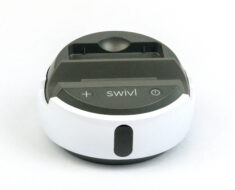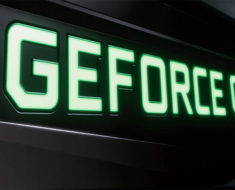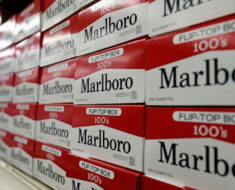Uber’s on-demand transportation mobile app has dominated the private taxi industry since its initial launch in 2011, and since that time the start-up has continued to expand their range of services into a diverse spectrum of markets. The company entered the world of sea travel with its launch of UberBOAT, and they are actively researching the market potential for offering air travel via helicopter rental through the mobile app.
Uber’s latest venture, however, eschews passenger transport in favor of an app that helps truckers find contracts for freight transport gigs. Originally launched in May, Uber Freight is receiving a significant upgrade this month which promises to help small-scale firms and independent transport drivers more easily find work that suits their needs.

Uber Freight, humorously called “Uber for trucking” by some, had a limited launch this May centered around Texas. Users familiar with the original app should have a good sense of Freight’s design and functionality, though Freight obviously includes features designed to help drivers locate and secure transport contracts. The initial release allowed drivers with an established reputation to browse contracts, view route information, and other data. The app also brokered payment between contractor and driver, with users noting that payments were timely and not subject to any excessive fees.
The premiere was by all measures a success, and so the company has announced that they will be expanding coverage to regions in and around North and South Carolina, Chicago, Georgia, California, and Arizona. In addition to the huge expansion in coverage, Uber Freight is also receiving a number of new features that should further help streamline the process of finding contracts for vetted freight drivers. The improved app logs users’ past contracts and uses that data to recommend similar jobs, even taking into account their preferred travel routes. Users can easily customize the new features through the revamped interface.
It is interesting that Uber is investing development into an app focused around supporting truck drivers given the company’s very public interest in researching automated driving. Uber’s Advanced Technologies Group, which began in 2016, is primarily focused on developing automated driving systems specifically for long-haul trucking. The Group met with some preliminary success by completing a fully automated, 120 mile journey of a tractor trailer packed with Budweiser beer. With the development of both the Freight app and driver-less freight technology, Uber has successfully hedged their bets and prepared for the commercial truck transport industry to move in either direction.
Dil Bole Oberoi





